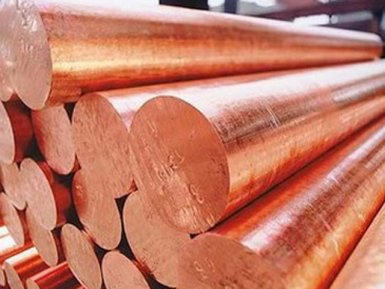Alloys of tin

Are you interested in general information about tin alloys from the supplier company AvecGlob? Here you will find the necessary information on this topic.
Areas of use
The main applications of tin alloys are jewelry, anodes for surface cladding of metals and alloys, components for metallurgical production of gray cast iron and some grades of titanium alloys. Tin of high chemical purity (class A, metal content not less than 99.99%), is used in the production of babbit, tin alloys, which contain about 5% phosphorus, are used in soldering as solders. For the same purposes, powdered tin oxide is also used.
All types of tin alloys are widely used for additives, alloying, chemical casting, coating, ACS reagent and soldering.
The history of obtaining tin alloys and their importance in modern economic activity
Tin was one of the first metals known to man. Throughout ancient history, various cultures recognized the dignity of tin in coatings, alloys and compounds, and the use of metal increased using advanced technologies. Today tin is an important metal in the industry, although the annual tonnage of its production is much lower than that of many other metals.
One reason for the relatively small output of tin is that in most cases only a very small amount of tin is used at the same time.
Supplier — AvekGlob Company — offers various types of products from tin of domestic and foreign production, which meets the requirements of standards. The products are offered at affordable prices from the manufacturer. The supplier guarantees the timely delivery of products to any address specified by the consumer.
The main application of tin alloys: soldering processes
Solders consider the second largest use of tin (after tin). Tin is an important component in solders, because it is wetted and adheres to many common base metals at temperatures well below their melting point.
Typically, in tin alloys necessary for brazing, tin is doped with lead to produce solders with a melting point lower than that of tin or lead. A small amount of various metals, in particular antimony and silver, is added to tin lead solders to increase their strength. These solders can be used for joints subject to high or even negative temperature temperatures.
Tin Babbits
For the production of bearings, which act at the points of the most active friction of the parts, babbits are used — alloys of tin and bronze. Babbits — a vast class of tin alloys, which also includes lead, antimony, copper, zinc, bismuth and phosphorus.
Assortment
Tin alloys are made in the form of ingots, ingots, rods, wire. Recently, tin alloys are also produced in powder metallurgy.
Supplier — AvekGlob Company — offers to purchase tin in a wide range of profiles and technological applications. Products can be bought at a price formed on the basis of European and world standards. Implementation is possible in bulk and retail, for regular customers, a flexible system of discounts operates.


